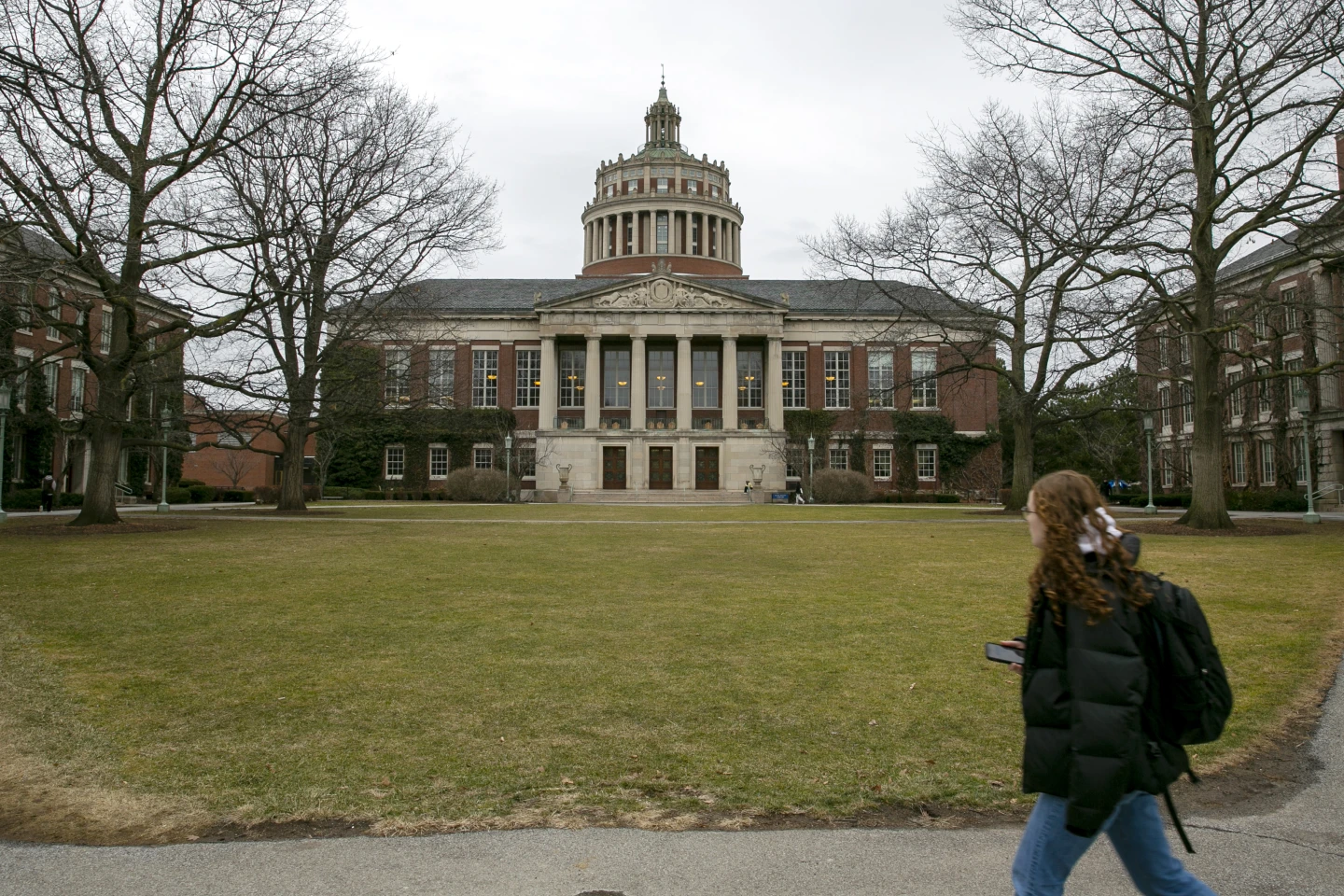A U.S. visa crackdown by the Trump administration has led to the revocation of over 1,000 student visas since late March, igniting fear and legal challenges across U.S. campuses. The abrupt and opaque nature of the crackdown has left many students, who have committed no obvious immigration violations, facing deportation or uncertain futures.
A minimum of 1,024 students across 160 colleges, universities, and university systems have had their visas revoked or their legal status canceled, according to an Associated Press analysis of university statements, communications with school officials, and court documents since March. Advocacy organizations tracking the issue report that hundreds of additional students may also be affected by the sweeping enforcement effort.
Immigration attorneys, who initially received just a handful of inquiries, now report receiving dozens of calls daily from confused and frightened students who say they were never informed of any wrongdoing.
“We thought it was going to be something that was unusual,” said Matthew Maiona, a Boston-based immigration attorney to AP as he was getting more than six calls a day from concerned international students . “But it seems now like it’s coming pretty fast and furious.”
The U.S. government cites national security concerns, including alleged involvement in pro-Palestinian protests and minor legal infractions, as reasons for the visa cancellations. However, many affected students report receiving little to no explanation for the abrupt terminations, often learning of their status changes through university notifications. Many have spotless records; in other cases, the infractions cited were minor, such as unpaid parking tickets or administrative delays.
In response, several lawsuits have been filed, with federal judges in states like New Hampshire, Wisconsin, and Montana issuing temporary restraining orders to halt deportations and restore students’ legal statuses.
International students account for more than a million enrolled learners in the U.S. They are a major source of revenue for tuition-driven colleges, particularly since they are not eligible for federal financial aid. Many pay full tuition, and their economic and academic contributions are widely recognized. Students from India and China make up more than half the international student population, though the current visa terminations span nationalities from all over the world.
The situation has also drawn attention in Egypt, where the U.S. Embassy in Cairo reaffirmed its commitment to ongoing visa monitoring.
“U.S. visa screening does not stop after a visa is issued. We continuously check visa holders to ensure they follow all U.S. laws and immigration rules– and we will revoke their visas and deport them if they don’t,” said the U.S. Embassy in Cairo in a recent statement on facebook.
As the crackdown continues, international students worldwide are reevaluating the risks of studying in the United States, with some considering alternative destinations for their education.







Comments (0)